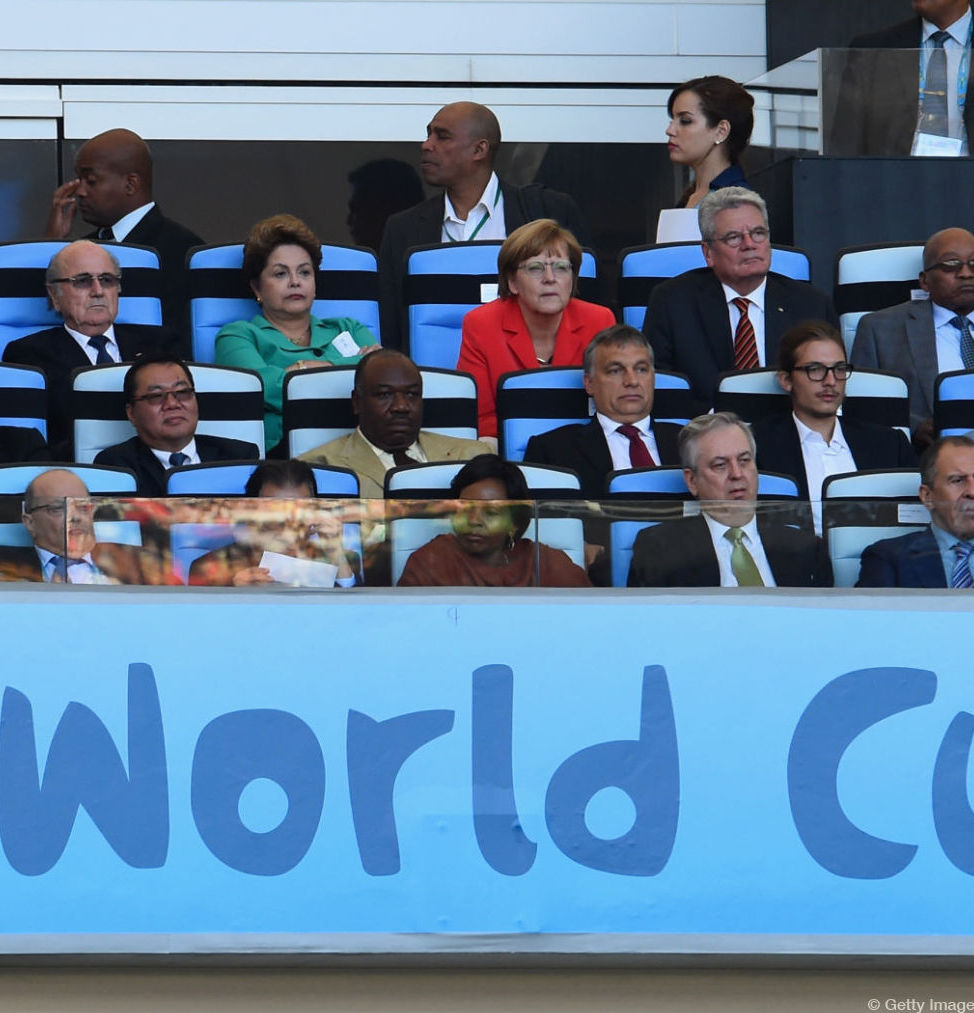Brazil gets high marks for World Cup organisation, but can it sustain Olympics?
After a month of scintillating football and few of the logistical nightmares many feared would mar the World Cup, Brazil is touting its success and promising the 2016 Olympics in Rio de Janeiro will be just as good. To hear Brazilian officials in recent days, the hand-wringing before the World Cup, which ended on Sunday with Germany beating Argentina in the final, was unjustified. That is, of course, if you don’t count a concrete overpass, one of many unfinished infrastructure projects that were supposed to have been completed before the tournament, that collapsed and killed two people in Belo Horizonte, one of the 12 host cities, days before a semifinal match there.
The only tragedy of the World Cup was that Brazil was beaten.
Rio de Janeiro Mayor Eduardo Paes
Or the fact that many problems were averted only because Brazil essentially shut down during the tournament. In a country where public services and infrastructure routinely buckle, officials avoided the usual traffic jams, over-packed trains and airport chaos by declaring holidays around most games. Despite a smooth ride for visiting football fans, the approach prompts many in Brazil to argue that the World Cup, rather than showcasing progress, has revealed age-old habits of slipshod and improvisation that make it impossible to deliver quality social services or fast, sustained economic growth.
It’s always about minimizing risk here, not building the type of facilities and services that can handle the actual needs of the country … There’s no effort to really improve overall capacity. You just tell people to stay home and make way for the visitors.
Paulo Fleury, an infrastructure and logistics expert, Federal University of Rio de Janeiro

Sports rio olympics